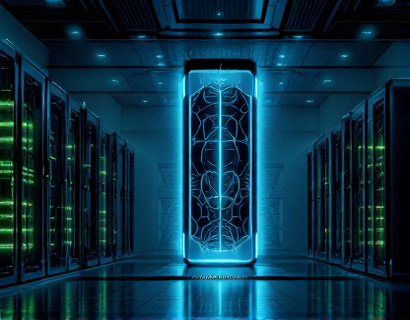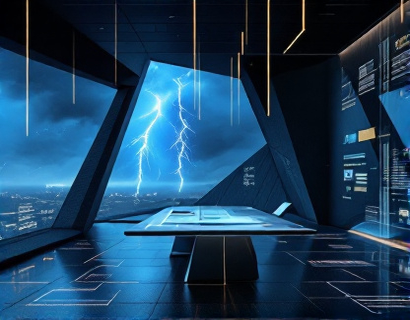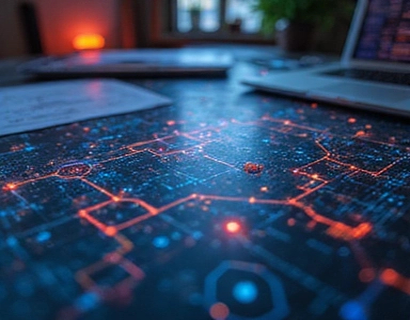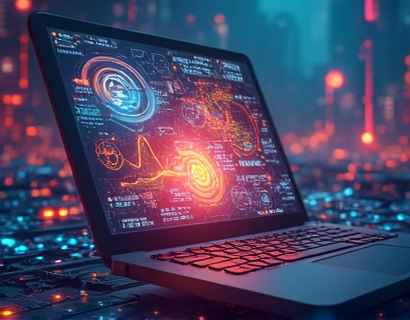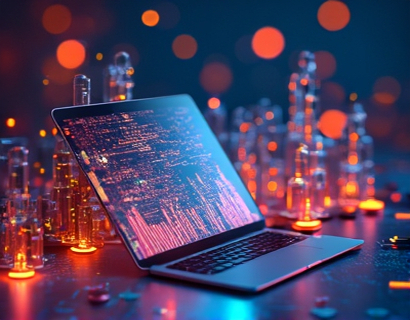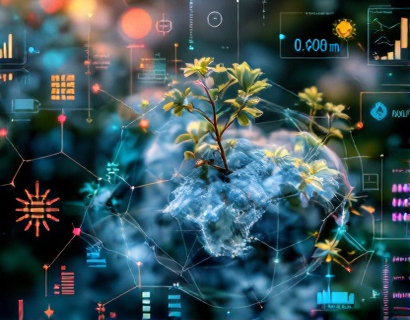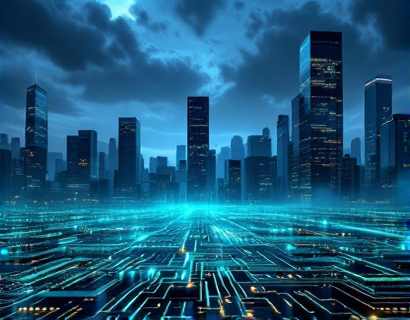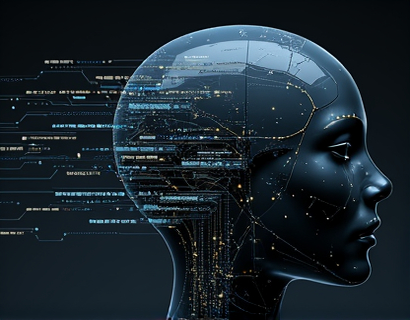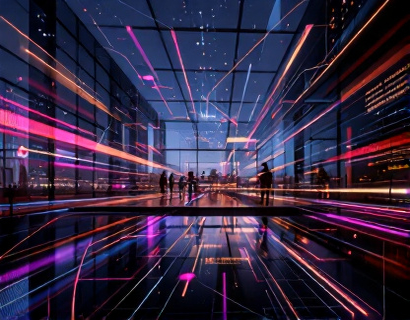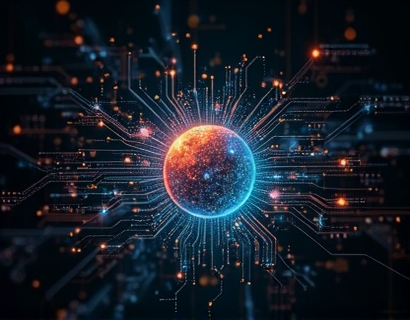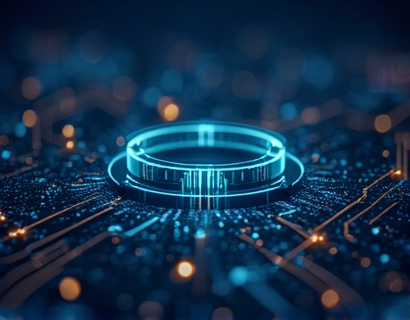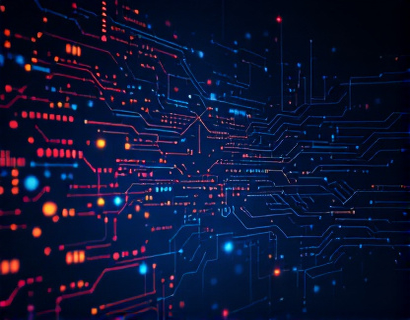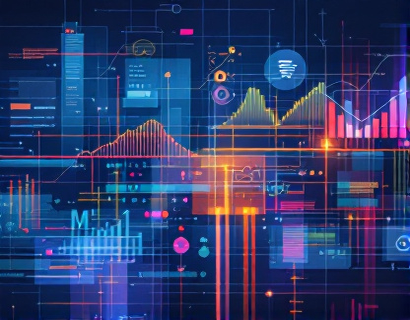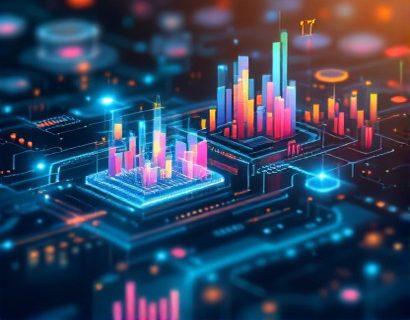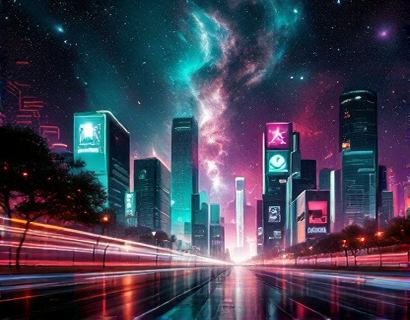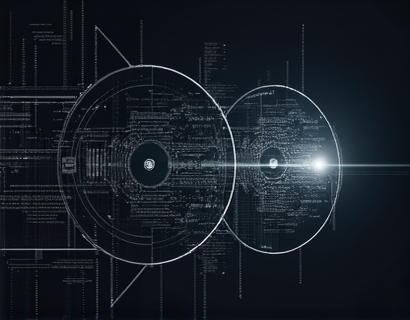Elevate Your Digital Ownership: Innovative NFT Solutions for Creators and Collectors in the Evolving Ucosystem
The digital age has ushered in a new era of ownership and creativity, particularly with the advent of Non-Fungible Tokens (NFTs). These unique digital assets have revolutionized the way creators and collectors interact, trade, and own digital content. This article delves into the transformative impact of NFTs, exploring how they are redefining digital scarcity and ownership, and introducing innovative solutions that empower both creators and collectors in the evolving digital landscape.
The concept of digital ownership has long been a topic of debate. Unlike physical items, digital assets can be easily replicated and distributed, making traditional ownership models inadequate. NFTs address this challenge by providing a unique identifier for each digital asset, ensuring its authenticity and scarcity. This innovation has opened up new avenues for creators to monetize their work and for collectors to own unique pieces of digital art, collectibles, and more.
One of the most significant advantages of NFTs is their ability to create digital scarcity. In the traditional art world, scarcity is what drives value. A limited edition print is more valuable than a mass-produced copy. NFTs bring this principle to the digital realm, allowing creators to issue a finite number of unique digital items. This not only enhances the value of each token but also fosters a sense of exclusivity and prestige among collectors.
For creators, NFTs offer a direct and transparent way to monetize their digital work. Platforms that support NFTs eliminate intermediaries, allowing artists to retain a larger share of the profits. This shift empowers creators to build sustainable careers in the digital space, fostering a diverse and vibrant community of digital artists, musicians, writers, and more. The ability to sell digital art, music, literature, and other creative works directly to enthusiasts worldwide has democratized the creative industry.
Collectors, on the other hand, benefit from the authenticity and provenance that NFTs provide. Each NFT comes with a blockchain-based record of its ownership history, ensuring that collectors can verify the legitimacy and ownership of the digital assets they purchase. This transparency builds trust within the community, encouraging more individuals to participate in the NFT market.
The evolving ucosystem, a term used to describe the interconnected network of digital creators, collectors, and platforms, is rapidly expanding. This ecosystem is not just about transactions; it's about building a community that shares a passion for digital innovation. Platforms within this ecosystem are designed to facilitate collaboration, inspiration, and growth, providing tools and resources that enhance the digital ownership experience.
Innovative NFT solutions are emerging to further enhance the ucosystem. These solutions focus on improving user experience, security, and functionality. For instance, some platforms are integrating advanced user interfaces that make it easier for newcomers to navigate and engage with NFTs. Others are implementing robust security measures to protect users' digital assets from fraud and theft.
One of the key areas of innovation is in the creation and customization of NFTs. Advanced tools are being developed to allow creators to design and mint NFTs with greater ease and flexibility. These tools often include features such as customizable templates, real-time previews, and integration with popular design software. This democratization of NFT creation lowers the barrier to entry, enabling more individuals to participate in the digital art market.
Another significant development is the integration of NFTs with other blockchain-based technologies, such as decentralized finance (DeFi) and virtual reality (VR). DeFi platforms are starting to offer NFT-based lending and borrowing services, allowing users to monetize their digital assets in new ways. VR environments are being created where NFT owners can experience and interact with their digital possessions in immersive settings, adding a new dimension to digital ownership.
The community aspect of the ucosystem is also gaining momentum. Online forums, social media groups, and dedicated platforms are fostering a sense of belonging and collaboration among creators and collectors. These communities serve as spaces for sharing knowledge, showcasing work, and networking. They play a crucial role in driving innovation and supporting new talent within the digital art scene.
For creators, these communities provide valuable feedback and exposure. By sharing their work and engaging with other artists, creators can refine their skills, gain insights into market trends, and build a following. For collectors, these communities offer a platform to discover new and emerging talent, stay updated on the latest trends, and connect with like-minded enthusiasts.
The impact of NFTs extends beyond the digital art world. Other industries, such as gaming, music, and fashion, are leveraging NFTs to create unique in-game items, exclusive music releases, and limited edition clothing lines. These applications not only enhance the consumer experience but also open up new revenue streams for content creators and brands.
However, the NFT space is not without its challenges. Scalability remains a significant issue, as the current blockchain infrastructure struggles to handle the high volume of transactions required for widespread adoption. Solutions are being explored, such as layer 2 protocols and sharding, to improve transaction speeds and reduce costs. Additionally, regulatory clarity is essential to ensure the long-term sustainability of the NFT market.
Education is another critical area that needs attention. Many potential participants in the NFT ecosystem lack a basic understanding of blockchain technology and digital assets. Initiatives to demystify these concepts and provide accessible learning resources are vital for fostering a more inclusive and informed community.
In conclusion, the rise of NFTs is transforming the way we think about digital ownership and creativity. By providing tools for creators to monetize their work and collectors to own unique digital assets, NFTs are reshaping the digital landscape. The evolving ucosystem is a testament to the boundless possibilities that emerge when technology and creativity intersect. As the space continues to grow and mature, it holds the potential to redefine digital ownership and open up new frontiers for innovation.



